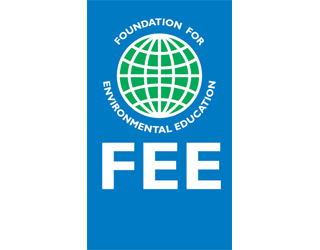Education brings sustainability to all the development goals, and literacy is the foundation of all learning. It provides individuals with the skills to understand the world and shape it, to participate in democratic processes and have a voice, and also to strengthen their cultural identity.
Irina Bokova
Education has been used as a tool for social change since time immemorial. Sustainability education is an untapped resource in addressing challenges related to environment, climate change and sustainable development. It gained importance during the UN Decade of Education for Sustainable Development (DESD: 2005-2014) which promoted the integration of principles, values and practices of sustainable development into all aspects of education and teaching from kindergarten up to university and lifelong learning. The decade was followed up by Global Action Programme (GAP 2015-19) to scale-up ESD and accelerate progress towards sustainable development. Agenda 2030 and associated SDGs recognized the important role of education by making it as a specific goal (SDG 4) and also by including targets on education under several other SDGs.
Although, there has been various efforts globally in this direction, still, educators as well as policy and decision makers have not yet fully utilized potential of education to address these challenges. Environment education has come up as a distinct discipline over the years and various approaches and methodologies of teaching and learning have evolved at various levels. However, there is a need to bring out specifics and intricacies of environment education as an agent of change and transformation in true sense. Along with this, more knowledge must be spread on how individuals have an impact on their climate and the environment around them. Practical examples of this must get embedded in the education systems and day-to-day life around the world. It is interesting to note the transition from environment education (EE) to education for sustainable development (ESD) and moving towards more focused climate change education (CCE) which reflects the need for reorienting educational priorities to the newer global challenges of today.
While underpinning the importance of global context of ESD, the need for ICSE targets bridging the gap between the goal of sustainability and the actions required to achieve it through sustainability education. Such a conference is particularly important in the South Asian context as the region is facing unprecedented sustainability challenges which urgently requires a shift in our lifestyles and a transformation of the way we think and act. The school education system in the region needs to respond to these challenges by empowering educators and learners to include sustainability principles in their curriculum and pedagogies in an appropriate manner. The conference besides providing a platform for sharing learnings and experiences from across the spectrum, will come forward with suitable recommendations and action plans for bringing much needed transformation in education for a sustainable future.

































